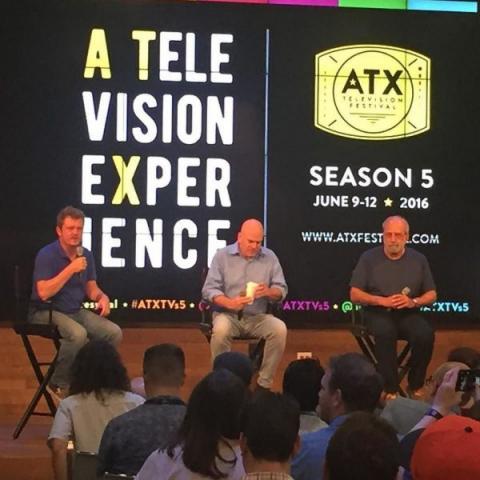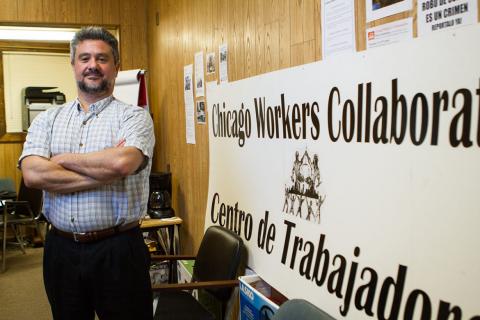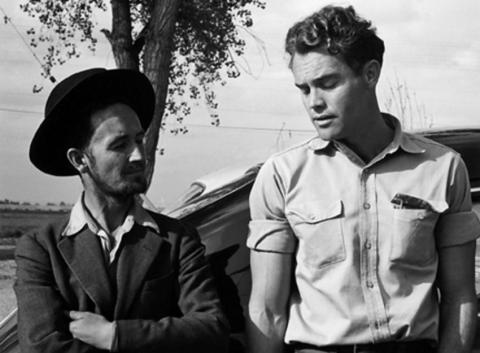Oppositions
New Left Review

After years of economic crisis and social protest, the cartel parties of the extreme centre now face a challenge to their dominance from outside-left forces in a number of Western countries. Contours of the emergent left oppositions, their platforms and figureheads, from Tsipras to Corbyn, Sanders to Mélenchon, Grillo to Iglesias.










Spread the word